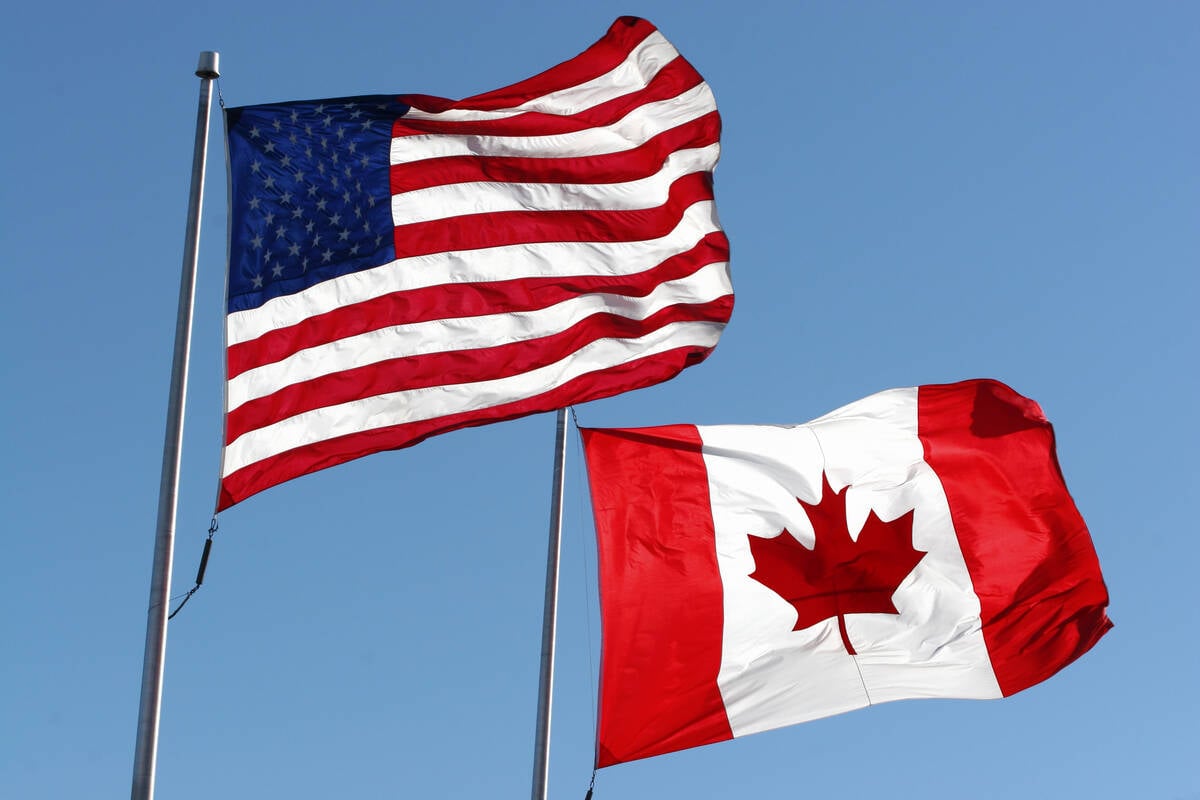On the surface, Canadian farm groups appear divided in their advice to the government on how to approach the next world trade talks.
Members of the Canadian Agri-Food Trade Alliance, including cattle, soybean, canola and some grain producers, support an early launch of talks and an aggressive federal stance on reducing subsidies and trade barriers.
“We need to get positive results out of the next round and we need it to start soon,” said CAFTA president Liam McCreery, a southern Ontario soybean producer.
The Canadian Federation of Agriculture has the same view about the need for an early and aggressive round, although its preferred results include both freer trade for exporters and continued border protections for supply managed sectors.
Read Also

Trump cuts off trade talks with Canada
(Reuters) – U.S. President Donald Trump said on Thursday that all trade talks with Canada were terminated following what he…
CFA president Bob Friesen said Sept. 13 the federation wants an early launch of negotiations.
However, Canada’s largest farm umbrella group has sent out conflicting messages on that issue.
On Sept. 3, after a meeting of farm leaders from member countries of the Cairns Group of medium and small-sized trading nations, the CFA signed a joint communiqué advising Cairns governments to delay the start of a World Trade Organization negotiation if it was not certain that talks would produce a liberalizing agricultural result.
“Trade ministers should be prepared at some stage to delay the start of another round of talks until an acceptable negotiating agenda for agriculture is agreed to that will deliver real progress in agricultural trade reform,” said the communiqué.
McCreery said it is not good advice.
“I think a recommendation to stall lets ministers and governments off the hook, really,” he said. “My gut reaction is that we need to set an early deadline for both starting and finishing, and we should not back away from it or give people an out.”
Friesen said he agrees, despite his signature on the Cairns farm leaders’ statement.
He said some other farm leaders at the international meeting wanted to go much further, calling on governments to block the launch of WTO talks if they are not sure of an acceptable agriculture outcome.
Friesen said he successfully helped argue to moderate the language from block to “delay.”
Even then, he did not agree but did not think it was worth spending more time fighting.
“We didn’t spend a lot of time on it because we didn’t think it would have much credence with the ministers,” said the CFA president. “The Cairns ministers have said they will push for a strong agriculture agenda and want to do it soon. I agree with them on that.”
He said ministers will not pay attention to the advice from farm leaders to stall talks if need be, “at least I hope they don’t.”
Both farm leaders agreed that the talks should get started and then, if progress is not being made, pressure should be applied.
In the last world trade negotiation, settlement was delayed for three years, largely because of a dispute over the agricultural outcome.














